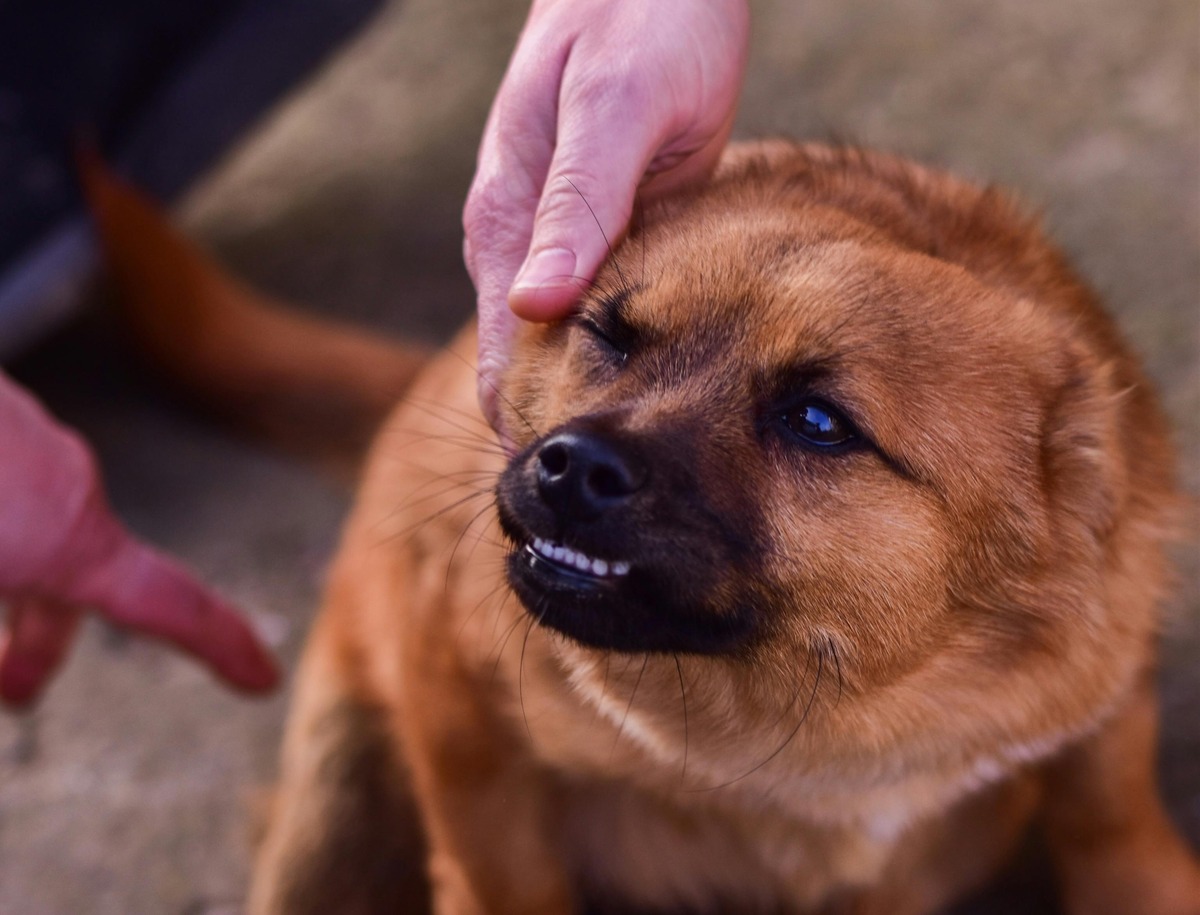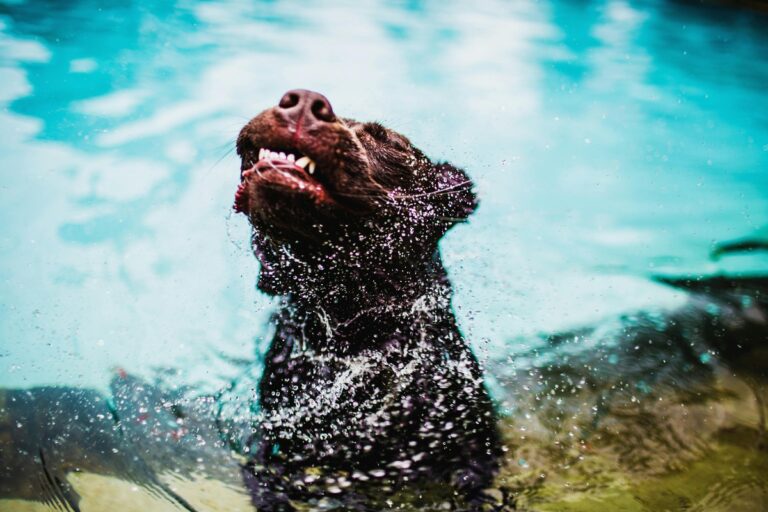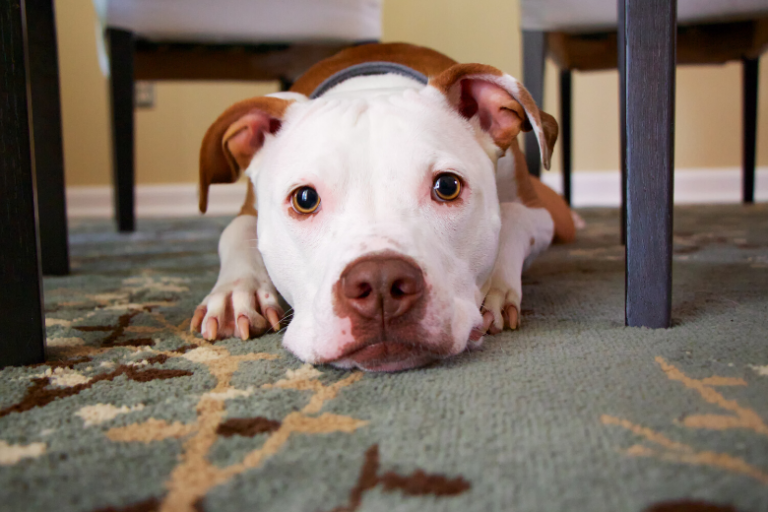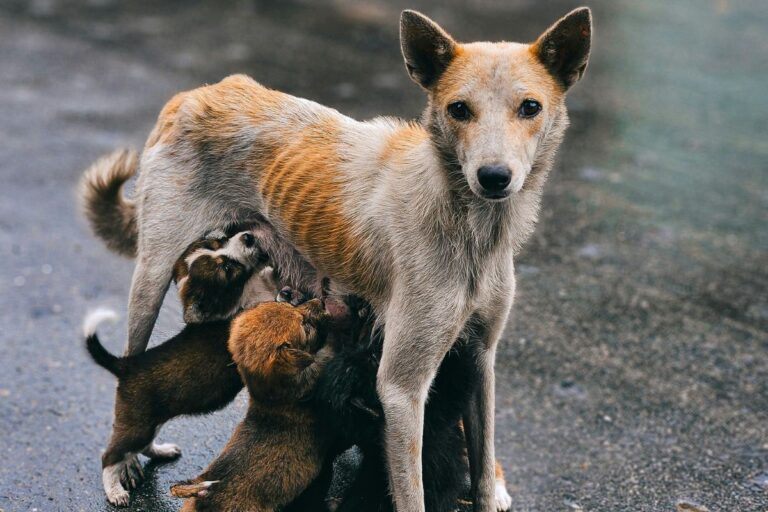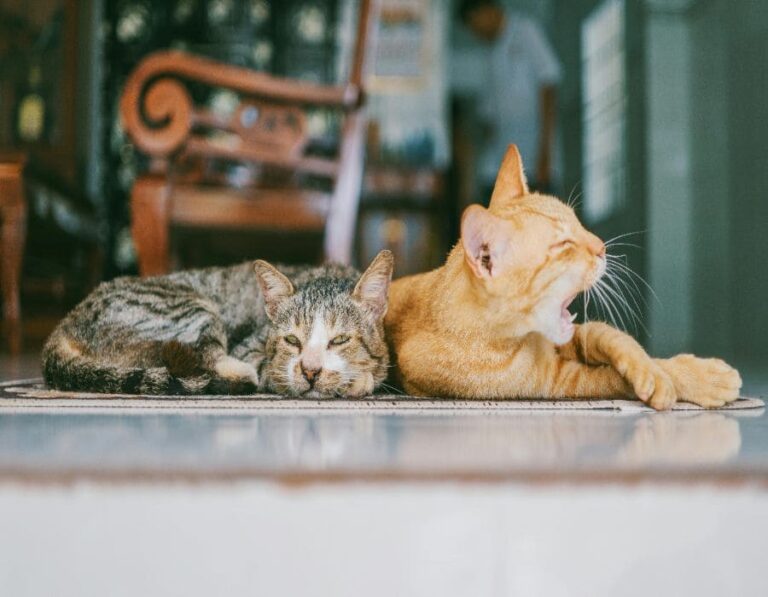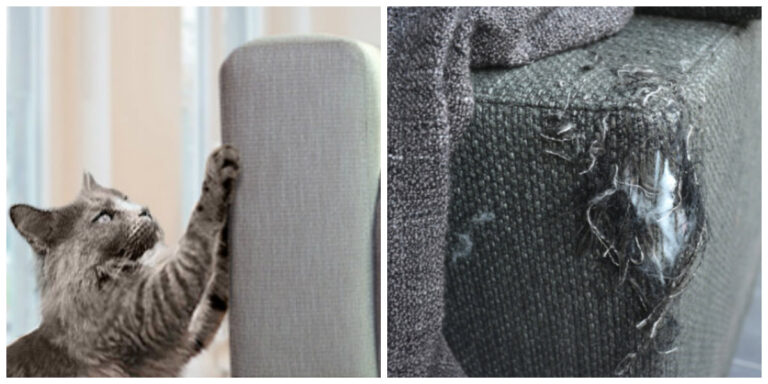11 Dog Breeds That Will Never Get Along With Cats
While many dogs and cats can coexist peacefully under the same roof, certain dog breeds have a higher likelihood of struggling with feline companions due to their instincts, energy levels, or temperament. Some dogs have strong prey drives, while others are territorial or overly energetic, making it difficult for them to live harmoniously with cats. If you’re considering adopting both a dog and a cat, it’s essential to understand which dog breeds are less likely to get along with cats. Here’s a look at dog breeds that will never get along with cats or will require extra training and supervision.
1. Greyhound
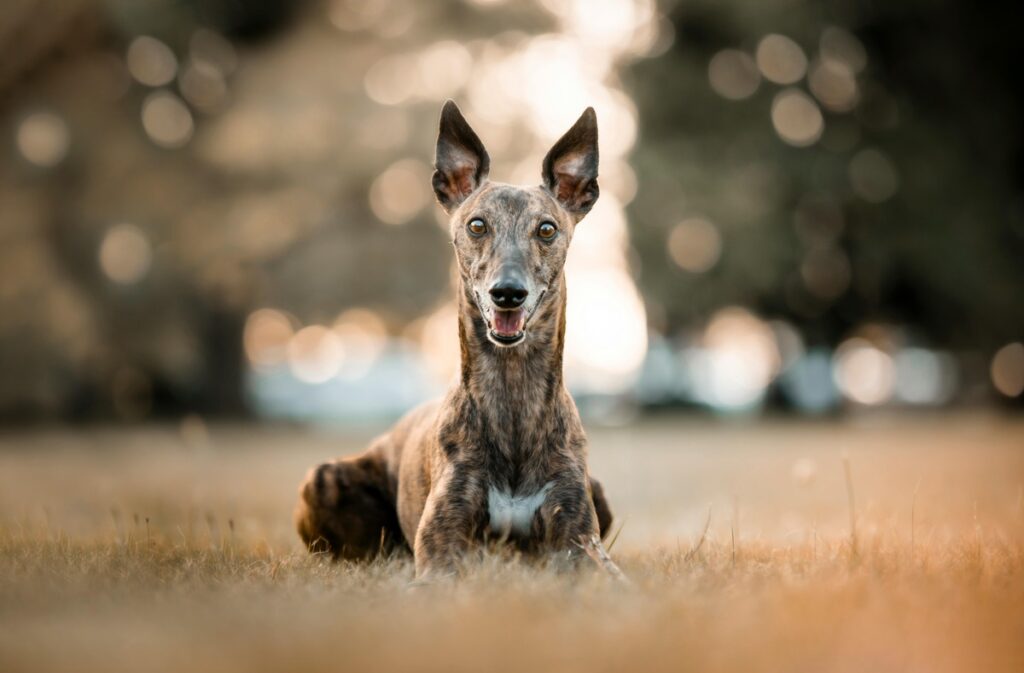
Greyhounds are incredibly fast and athletic dogs bred for hunting, specifically for chasing small animals. Their prey drive is strong, and they may view smaller animals like cats as something to chase. Although Greyhounds are generally gentle and affectionate dogs, their natural instincts often get in the way of peaceful cohabitation with cats. Introducing them to a household with cats requires patience, proper training, and sometimes supervision to avoid any issues.
2. Jack Russell Terrier
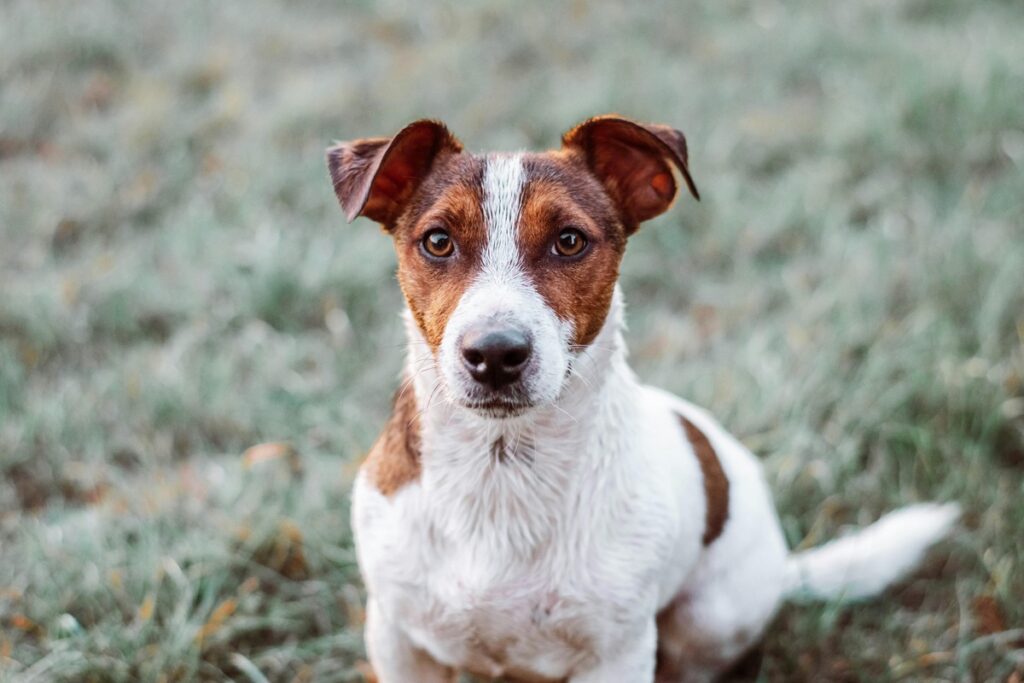
Jack Russell Terriers are high-energy, intelligent, and aggressive dogs with a strong hunting instinct. Originally bred to hunt small game, including foxes and rabbits, they often have a high prey drive and may be tempted to chase cats, seeing them as prey. This breed requires a lot of training, structure, and supervision around cats, as their energetic nature and hunting instincts can make them difficult to live with other pets.
3. Dachshund
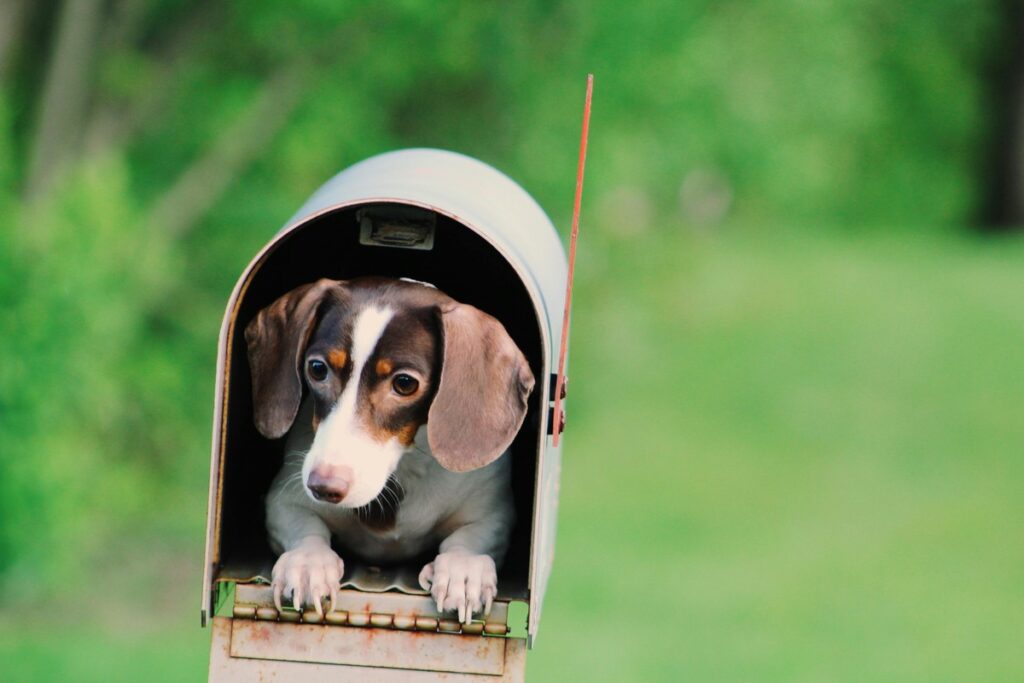
Dachshunds were bred for hunting small burrowing animals like rabbits and badgers, and their strong prey drive makes them less likely to get along with cats. They are often curious, stubborn, and territorial, which can make them overly aggressive toward cats, especially if the cat intrudes on their space. Their small size doesn’t help much either, as they can be more prone to feeling threatened by larger animals, including cats.
4. Chihuahua
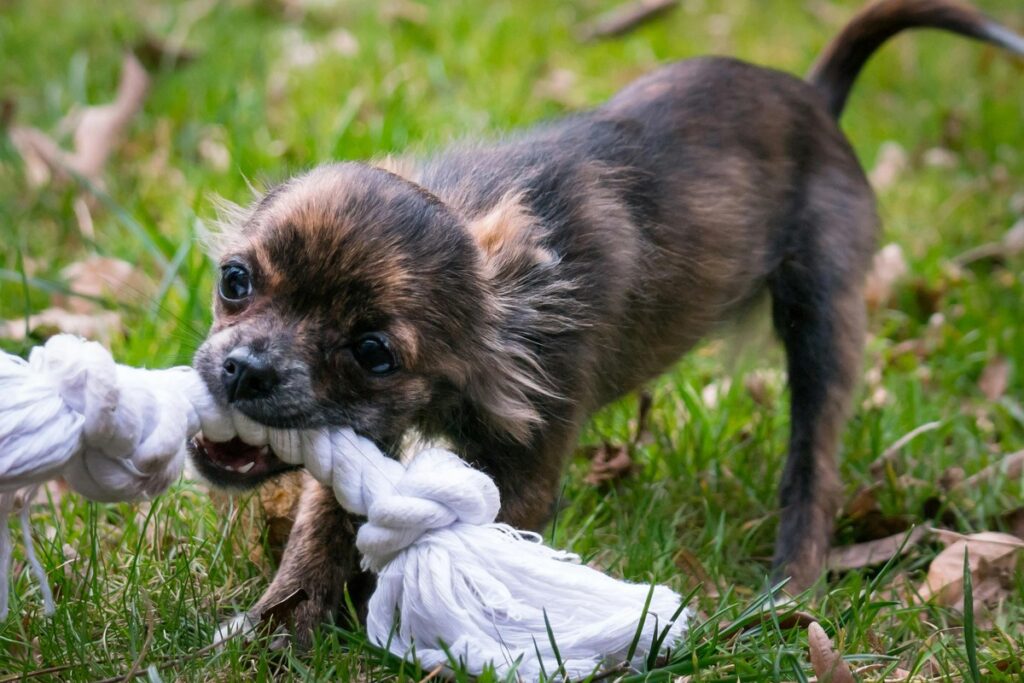
Chihuahuas are tiny but have big personalities, often exhibiting territorial and aggressive behaviors. Their small size and high energy can lead to tension with cats, as they may feel the need to assert dominance. Chihuahuas may view cats as a threat or competition for attention, and their tendency to bark excessively can irritate both cats and owners alike. While some Chihuahuas may be able to coexist with cats after training, many will never form a lasting bond.
5. Pit Bull Terrier
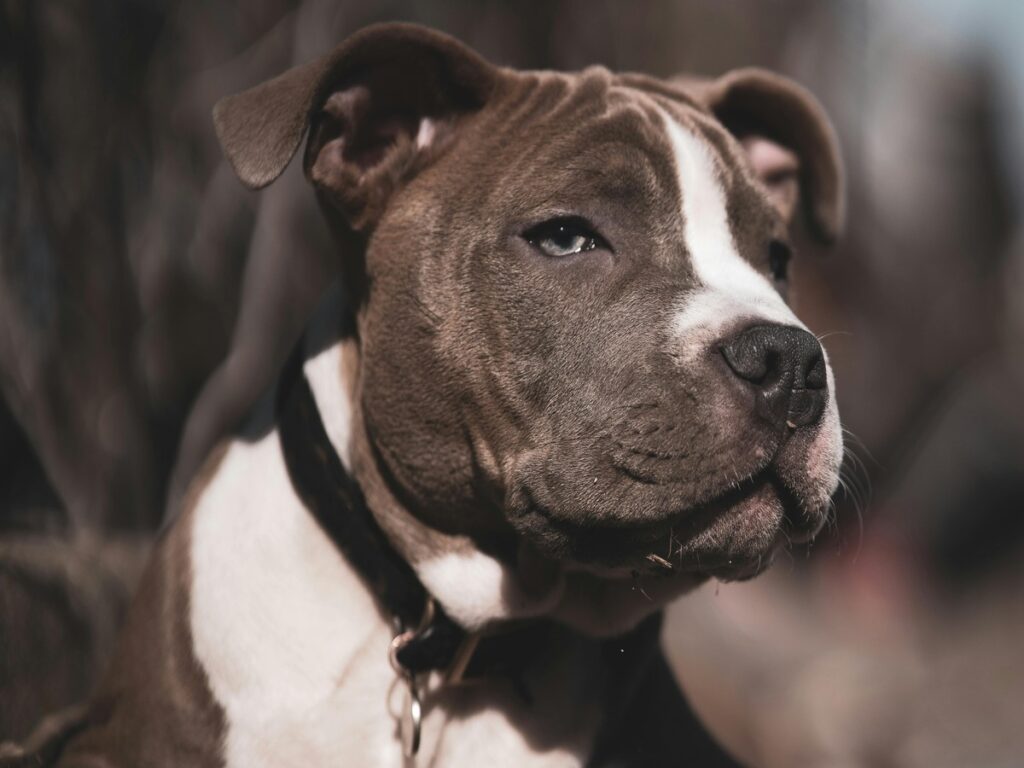
While Pit Bulls are known for being loyal, loving, and affectionate dogs, their strong prey drive and muscular build can make them difficult to trust around small animals like cats. Despite their positive qualities, they may instinctively chase after a cat or engage in aggressive behavior. Proper training and supervision can sometimes help, but there’s always the risk that the instinct to chase could kick in, especially if the cat runs away.
6. Malamute
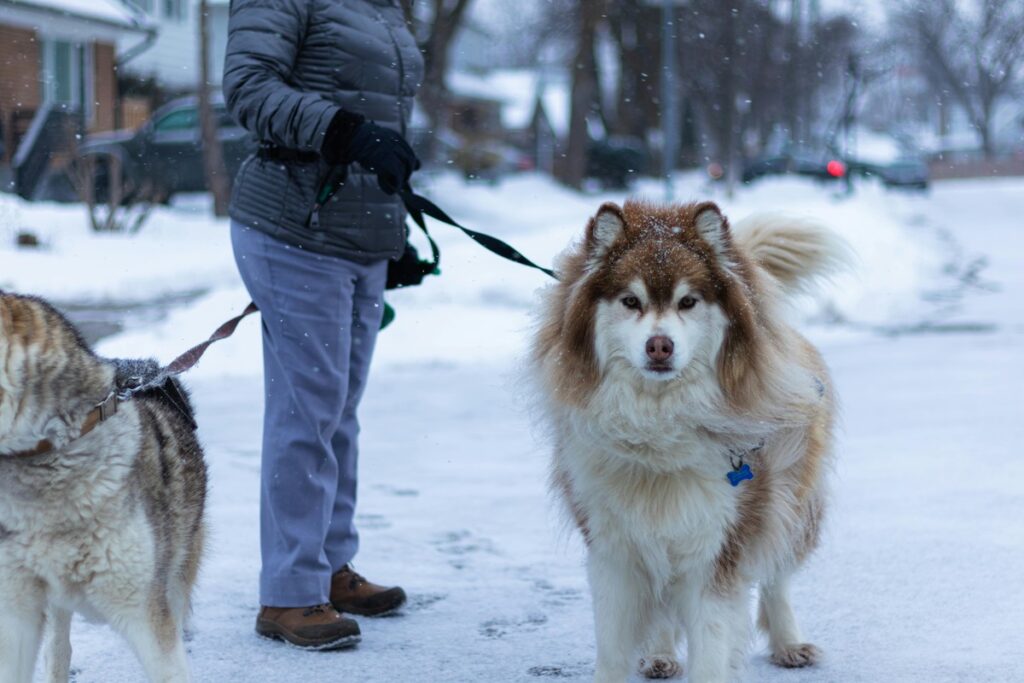
The Alaskan Malamute is a large, powerful breed that was originally used for sledding and working in cold climates. While Malamutes are affectionate toward their families, their high prey drive makes them more likely to see cats as something to chase. With their strong instincts and independence, they may struggle to coexist with cats, especially in homes where the dog is not well-trained or socialized.
7. Whippet
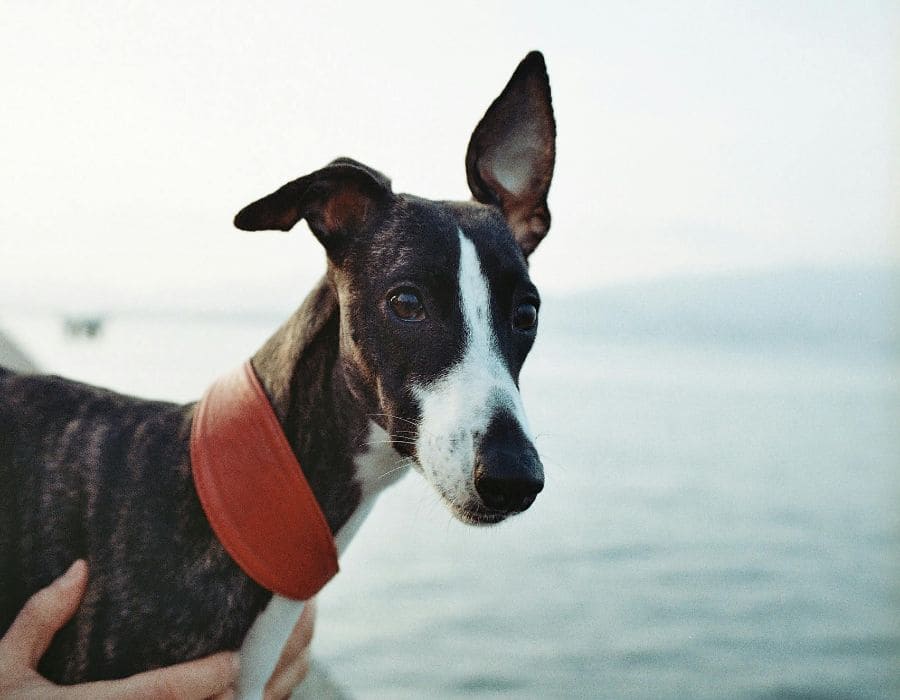
Whippets, like Greyhounds, are sight hounds with a powerful prey drive. They were bred to chase fast-moving small animals like rabbits and squirrels. Though Whippets are generally gentle and friendly, their instinct to chase anything that moves can make them less compatible with cats. If a cat runs or exhibits quick movements, a Whippet’s chase instinct may take over, making them difficult to live with for feline companions.
8. Cocker Spaniel
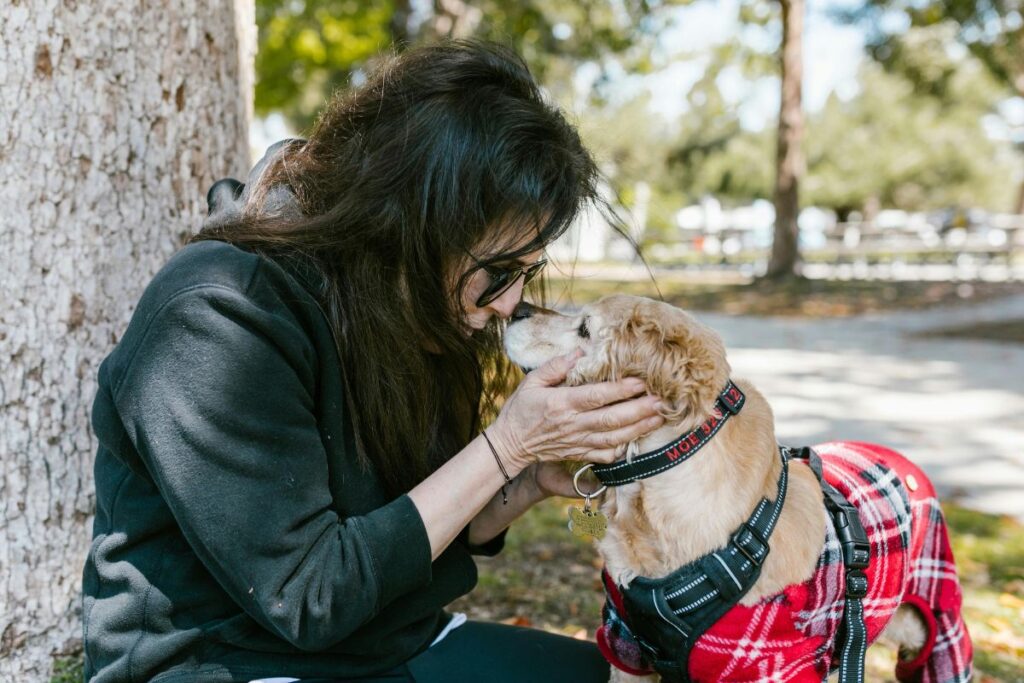
While Cocker Spaniels are generally friendly and affectionate dogs, their instincts as hunting dogs make them a bit too enthusiastic around smaller animals. With their strong prey drive, they may view cats as something to chase or catch, especially if the cat is darting around or trying to escape. Their enthusiastic nature can make them overwhelming for cats, and they might struggle to respect a cat’s boundaries without proper training.
9. Shiba Inu
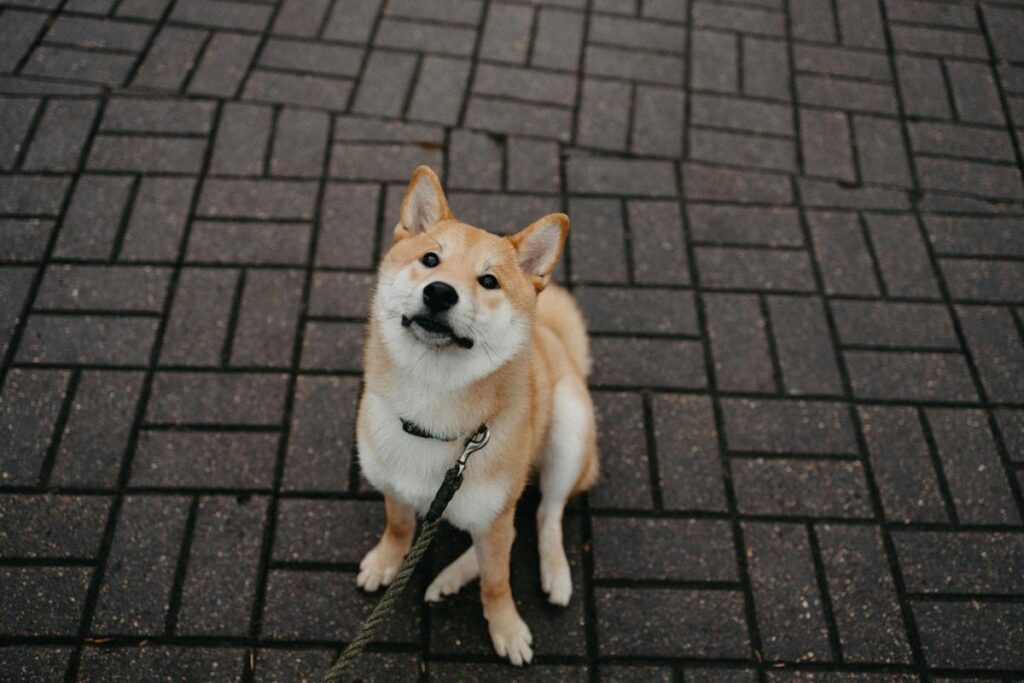
The Shiba Inu is an independent and strong-willed breed with a strong prey drive. While they are often sweet and playful with their owners, their instincts as hunters can make them aggressive or unpredictable around cats. Their independent nature also means that they may not be as responsive to training as other breeds. The Shiba Inu’s tendency to chase small animals like cats makes them an unlikely candidate for peaceful cohabitation.
10. Basenji

Known as the “barkless dog” because of its unique vocalizations, the Basenji is a highly independent breed with a strong prey drive. This breed was originally used for hunting small animals, including rodents, birds, and other small creatures. Due to their high energy, quick reflexes, and hunting instincts, Basenjis are likely to chase after cats, especially if they are not trained to coexist with them from an early age.
11. Australian Cattle Dog
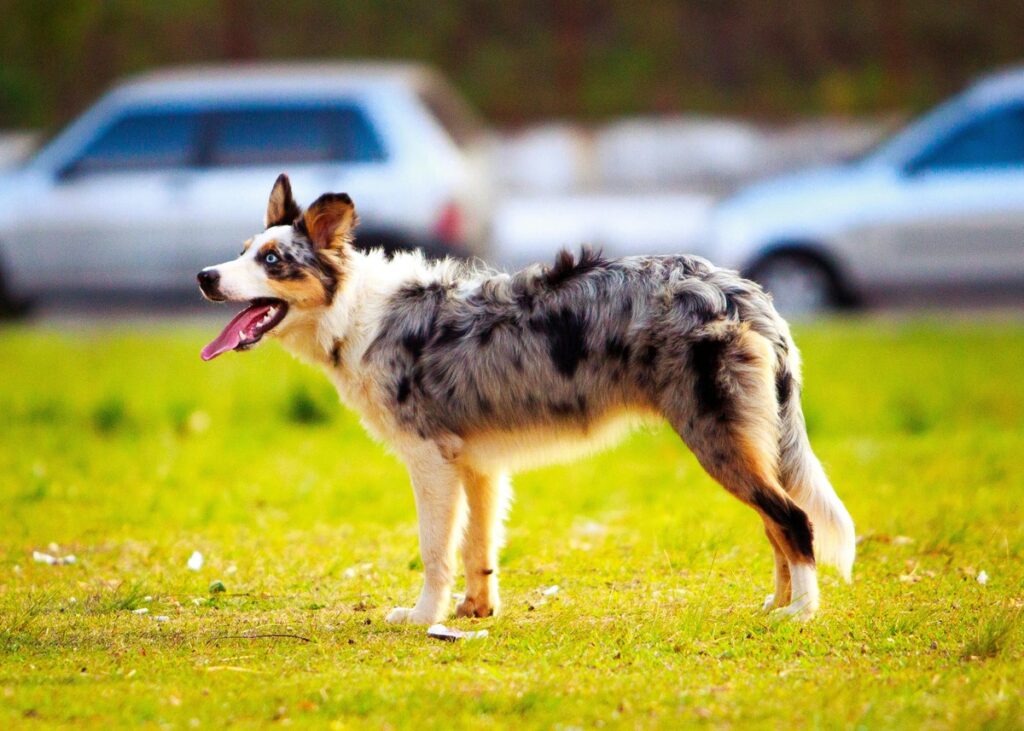
The Australian Cattle Dog, or Blue Heeler, is a highly energetic and intelligent working dog. Bred for herding cattle, they have an instinct to chase and control anything that moves, including small animals like cats. While they are incredibly loyal to their owners, they can become aggressive toward cats, especially if the cat is perceived as something to herd or chase. These dogs require a lot of training, but their strong instincts make them difficult to trust around smaller animals.
Conclusion

While many dogs and cats can coexist peacefully with proper training and supervision, certain breeds are more prone to chasing or being aggressive toward cats due to their prey drive, territorial instincts, and high energy. If you have a cat and are considering bringing a dog into your home, it’s important to carefully consider the breed and its natural instincts. Dogs like the Greyhound, Jack Russell Terrier, and Pit Bull may never fully get along with cats without extensive training and socialization. However, with the right approach, some dogs may learn to live peacefully with their feline companions, but it’s crucial to understand the breed’s nature before making that decision.

